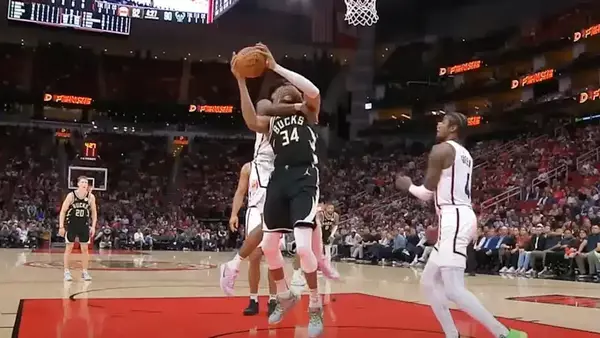Stock splits are all the rage this year.
First, Alphabet (GOOGL) announced a 20-for-1 split in February. Then Amazon (AMZN) announced a 20-for-one split in March. Tesla (TSLA) also revealed plans in March to split its stock for the second time in two years. And finally GameStop (GME) said it has plans for a 3 1/3 to one split.
Companies split their shares when the price gets so high as to make it difficult for non-wealthy investors to buy them. It also becomes difficult for employees to manage their holdings of the company’s stock when the price gets too high.
Alphabet recently traded at $2,789, Amazon at $3,261, Tesla at $1,079 and GameStop at $171.64.
Stocks generally rise right after they split, because splits usually come when companies are performing well financially. And splits often make investors more enthusiastic about the company.
“It has this connotation that a stock isn’t splitting unless the company is successful and they expect the price to go even higher and higher,” Jamie Cox, managing partner for Harris Financial Group, told The Wall Street Journal. “That perception is sort of the driving factor.”
But splits have little impact over the long term, because a company’s long-term share price is determined by its financial performance. And increasing the number of shares doesn’t have any effect on that.
Stock splits have dwindled in recent years. The past five years have seen only 28 splits, compared with the peak of 346 between 1996 and 2000, Bank of America said.
Now it’s possible a wave of stock splits will transpire, Bank of America strategists said, “bringing more investor flows into the market, [thereby providing] support for embattled growth companies.”
It listed all the S&P 500 stocks trading over $500. In addition to Tesla, the list included:
AutoZone (AZO) at $1,991, Chipotle Mexican Grill (CMG) at $,1583, BlackRock (BLK) at $770 and Costco Wholesale (COST) at $574.
The next companies to split could be travel/restaurant reservation service Booking Holdings (BKNG), AutoZone, Chipotle, BlackRock, and auto supplies retailer O’Reilly Automotive (ORLY) according to Barron’s.







